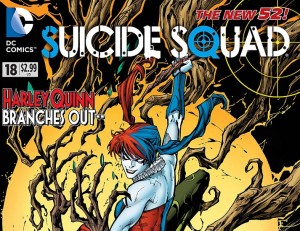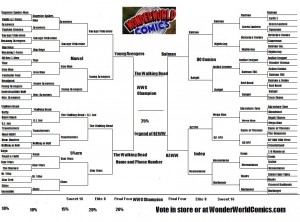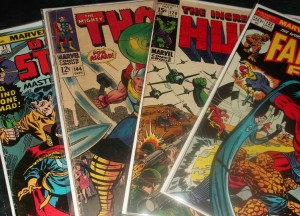I was asked an interesting question yesterday which many of you might not know the answer to. I am paraphrasing by saying the question was, “Why did so many creators in the 1960s use pennames instead of their own names?”
 The History
The History
Before we had comics, we had the pulps. These short story magazines paved the way for the medium we have grown to lover over the years. While many adults and children read pulps, there was a certain stigma which hung over the heads of the writers and artists used in these magazines. Publishers outside of the pulp market believed that pulp writers wrote schlock which was simply used to fill the pages of the pulps. These publishers grouped writers such as H.P. Lovecraft, Robert E. Howard, and Clark Ashton Smith with the people who popped out whatever they could simply to make a paycheck.
This stigma continued for short story publication writers into the 1950s and 1960s. Writers such as Philip K. Dick, Ray Bradbury, Arthur C. Clarke and Fritz Leiber were overlooked for a long time because they wrote for these smaller publications.
Enter Comics
When comics first came out, they were geared towards children. The “funny books” gained the same type of stigma as the short story magazines which were disappearing each month for newsstands. Many comic book creators did not want the chance of losing out on a job opportunity at a non-comics company so they used pennames. According to the book The Ten Cent Plague, many creators kept their work from their families so they did not have to deal with the social stigma at home.
The Congressional Investigations
Don’t forget, the comic book market gained another stigma during the congressional investigations. If you were a creator who was looking for money, would you want to be associated with a market which Congress kept a watchful eye on?
What Changed?
By the late 1960s and early 1970s, the comic book market had taken off and on their way to becoming a respectable form of entertainment and learning. The pennames were dropped in many cases as creators realized they had a future in the medium or could at least show off what they could do in the confines of the printed pages.








